When we’re hormonally in balance, we’re in harmony! Here are 3 ways essential oils balance hormones, with my top Naturopathic tips for healthy hormones.
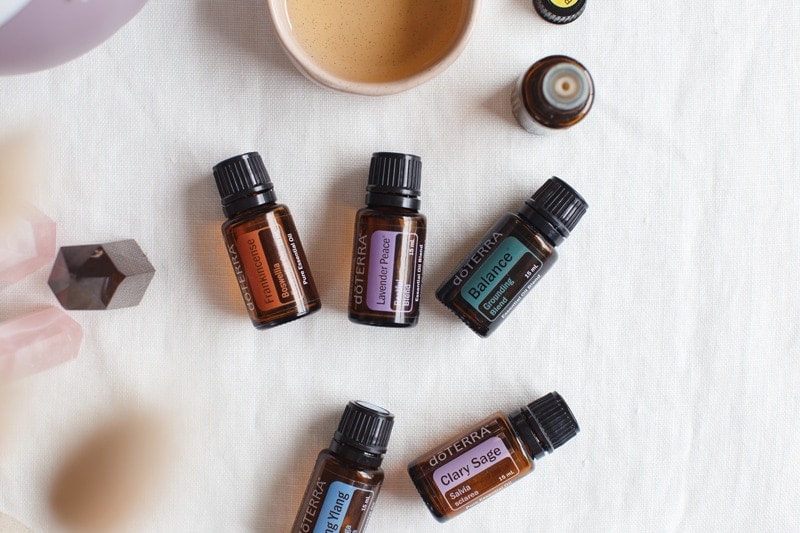
When we’re hormonally in balance, we’re in harmony. If something falls out of whack for me – I know straight away because for some reason, I just don’t feel comfortable in my own skin.
Here are three ways essential oils can support hormonal health (how wonderful that we have these tools at our fingertips!), with a few key Naturopathic tips for happy hormones towards the end.
I’ve even designed a custom, stress and hormone-focused essential oil package for you if you’re ready to join doTERRA and get started.
Grab a cuppa and dive in!
[bctt tweet="Essential oils for hormonal support - find out how!" username="laurenglucina"]
🌿 1. They can be used to reduce the toxic load on the body
Many of our daily household cleaning and personal care products contain a group of chemicals that mimic our own hormones, in an incredibly dangerous way. Xenoestrogens, or endocrine-disrupting chemicals (EDC’s), enter the bloodstream, induce oxidative stress and inflammation, affect immunity and hormonal regulation, promote cell proliferation, and even disrupt gene function.
Because these chemicals are fat soluble, they are not easily eliminated. Instead, they are stored in fat cells – such as those that make up our breast tissue.
These chemicals have been associated with obesity, diabetes, PCOS, endometriosis, infertility, fibroids, early onset puberty and menopause, and a range of cancers (breast, ovarian, prostate).
Use your essential oils to make your own non-toxic cleaning products. I have just started a blog series under the tag ‘DIY Cleaning’ if you’d like some inspiration. A few basic ingredients like white vinegar, baking soda, rubbing alcohol and distilled water can take you a long way. The cleansing, purifying and antimicrobial properties of the essential oils replace the need for harsh chemicals.
Likewise, pick up some lovely carrier oils, butters and waxes, and get busy with DIY skincare recipes. If you’re time poor, doTERRA have a great skin care range. Here’s one I recently reviewed.
From a dietary perspective, there is evidence to suggest that including an abundance of polyphenols (such as green tea, grapes, dark chocolate, berries) can boost cellular resilience to EDC’s. This article may be of interest, it will introduce you to polyphenols, although it speaks more to their prebiotic actions.
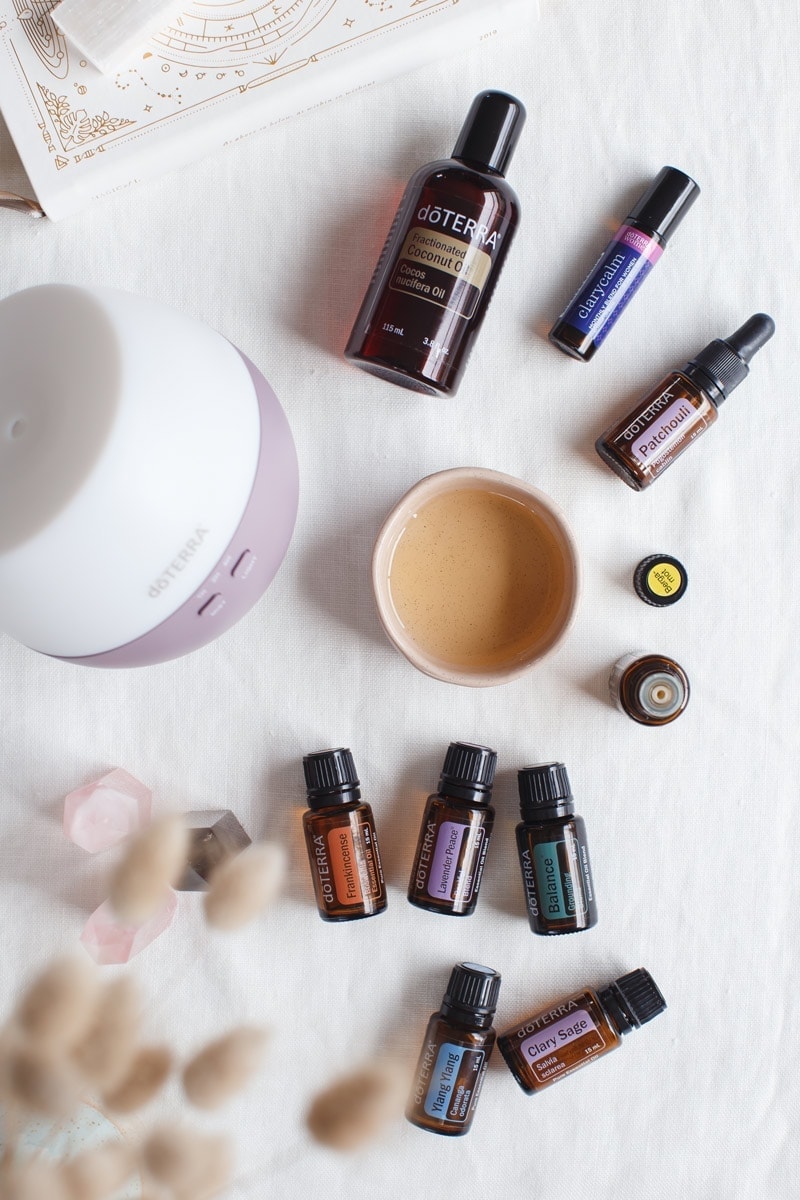
🧘♀️ 2. They calm, relax and soothe
Some essential oils contain constituents that calm and relax smooth muscle, making them ideal for use during your menstrual cycle. Clary sage is one such example – rich in a chemical called linalyl acetate, part of the esters group. Clary sage also supports healthy oestrogen levels. It is one of my favourites to include in an epsom salts bath.
Other relaxing oils include Roman chamomile, lavender and ylang ylang.
doTERRA have a wonderful blend by the name of ClaryCalm, designed especially for women. I like to roll just a little over my abdomen to ease tension and cramps. It contains clary sage, lavender, bergamot, Roman chamomile, ylang ylang, cedarwood, geranium, fennel, carrot seed, palmarosa and vitex.
💥 3. They are a helpful tool in managing stress
Stress! What do you think of when you hear the word? I’m sure most would start listing different emotional stressors (work pressure, exams, finances, difficult family relationships etc).
But there are actually multiple sources of stress (dietary, inflammatory), and they all negatively impact the body if they are chronic.
So how does chronic stress impact your hormones? Briefly, under the stress response, your adrenals are stimulated to produce cortisol, which helps your body adapt to the stressor.
The problem is, the same building block hormone (pregnenolone) that is used to make cortisol, is also used to make other hormones such as progesterone and DHEA, which then makes oestrogen and testosterone.
If stress is chronic, cortisol is given priority over your sex hormones, setting the stage for imbalance (PMS, PCOS, infertility, low libido as a few examples). This is known as the ‘pregnenolone steal’. This chart illustrates the hormonal pathway beautifully.
Furthermore, cortisol suppresses your thyroid, which can impact the regularity of your cycle. Finally – wherever cortisol goes, insulin follows. Excess insulin increases risk of stress-induced hyperglycemia – which can halt ovulation.
Prolonged exposure to stress can completely impair reproductive function. Therefore, one of the most important things you can do to support your hormonal health, is to manage your stress.
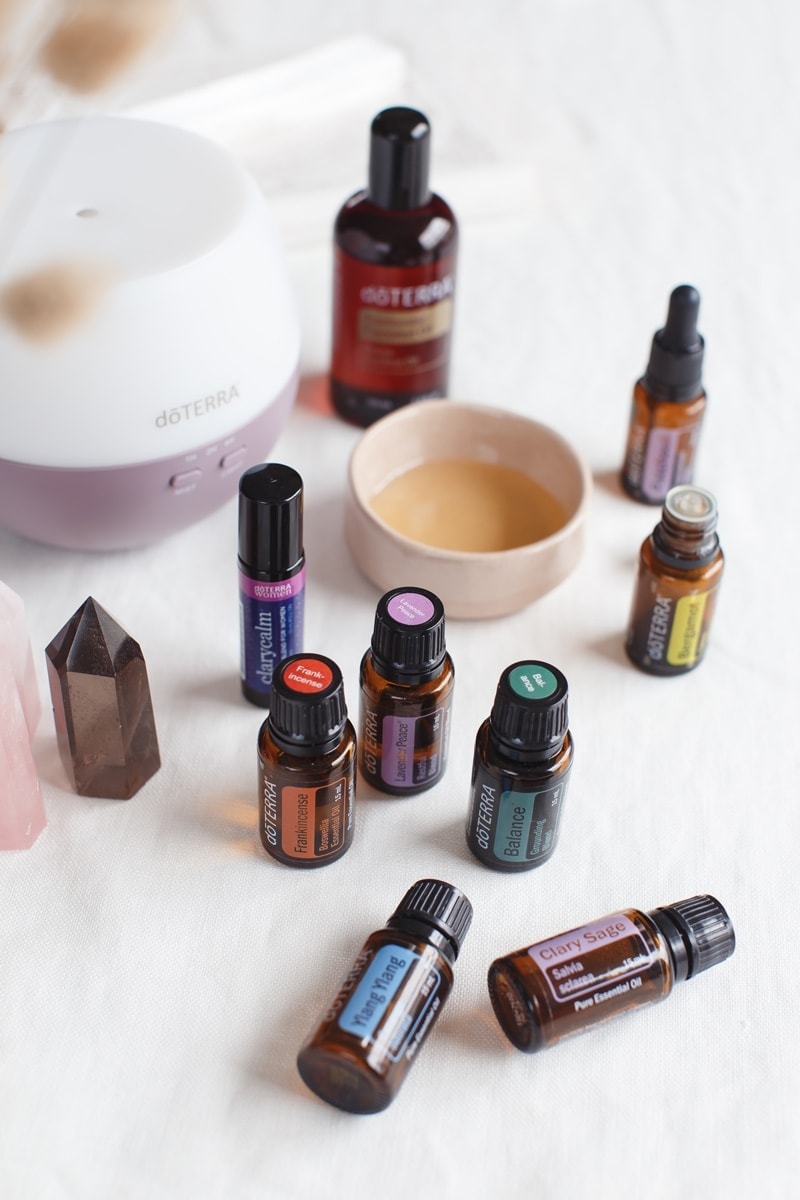
Cue essential oils: a truly wonderful tool to have in your toolkit (alongside all of the tips listed below!). Some of my favourite blends include Lavender Peace and Balance, and single oils include frankincense, bergamot, patchouli, ylang ylang and clary sage.
Pop some in the diffuser and enjoy the calming effects they have on the nervous system. Or add some to a carrier oil and massage all over your body after a shower.
Because essential oils have a low molecular weight and are fat soluble, they can easily penetrate the skin + cell membranes. You can enjoy the effects of topical use in as little as minutes.
I’ve found that the alchemy involved in mixing your own diffuser blends, and the gift of a conscious self-massage, is just as therapeutic as the actual oils themselves.
⚖️ Naturopathic tips for hormonal balance
Essential oils are incredibly supportive, but must be part of a greater holistic approach:
Consume regular healthy fats: did you know that cholesterol is actually vital to hormone production? Cholesterol is converted into the building block hormone pregnenolone - precursor to other steroid hormones (progesterone, DHEA, oestrogen, testosterone). About 20% of cholesterol comes from the food you eat. The lion’s share is actually synthesised by your body, mostly in the liver and intestines.
It is healthy to include fats in your diet.
An entirely plant-based diet is cholesterol free, as food sources of cholesterol are from animal origin (meat, dairy, eggs – grass fed and organic if you are consuming!).
However, plant-based fats (avocado, nuts, seeds, olive oil, algae oil) provide essential fatty acids that the body can utilise to create its own cholesterol.
Watch your caffeine intake: studies have shown that caffeine increases the stress hormone cortisol at rest, the effects of which were detailed above. Caffeine, a diuretic, can also dehydrate you. Dehydration is a stressor to the body, and can elevate cortisol.
Sleep well: lack of sleep will throw out your body’s circadian rhythm. At night as we start to wind down, the sleep hormone melatonin is supposed to spike while cortisol declines. With lack of sleep, cortisol can stay abnormally elevated, and contribute to weight gain.
If you are stressed, know that high intensity workouts may not be your friend: high intensity workouts will spike your cortisol – geez – that bloody cortisol! I feel like I am, typing the same thing over and over…
Better choices include yoga, pilates, walking, tai chi, dancing.
Support digestive health: gut and liver. Both are vital to hormonal health in numerous ways. For example, did you know, that there are certain gut bacteria that can contribute to oestrogen dominance, effectively cancelling out the liver’s efforts at clearing it? And that 90% of your serotonin is made in your gut? And that leaky gut is a huge stressor on the body?
Eat a whole foods diet, increase your vegetable intake, include pre- and probiotic rich foods daily, and limit or avoid the alcohol. Stool testing is helpful in identifying some of these potential threats.
Do you really need to be on the pill? The oral contraceptive is well known to induce vitamin and mineral deficiencies (such as the B group vitamins, vitamin C, vitamin E, magnesium, selenium and zinc). It is also associated with depression, and increases your risk of a deep vein thrombosis (blood clot) three fold (take it from someone who has had a DVT – this is not fun – in fact, it is life-threatening).
Some oral contraceptives can even promote excess androgens.
Be proactive and assess your nutrient status: deficiencies of certain nutrients can negatively impact healthy hormone function.
Magnesium deficiency is one of the most common, and is a key nutrient for oestrogen metabolism.
It is also essential for progesterone production, and blocks androgen receptors. See your naturopath for guidance here, and only supplement if necessary.
🌸 How to get therapeutic grade essential oils
Are oils sounding good right about now?!
The best value way to join with a wholesale account is either by purchasing the Home Essentials Kit, or taking advantage of this month’s special, which is actually running right until the end of February.
The Home Essentials Kit is comprised of the top 10 essential oils and a diffuser. It includes some oils that are valuable in supporting stress, sleep and moods (frankincense, lavender, lemon), some that can be used in DIY cleaning (OnGuard, lemon, tea tree, oregano), some for DIY skin care (frankincense, lavender), and some to support various body systems (such as immune, digestive, musculoskeletal). There is no membership fee when you join this way.
The second option allows you to pick and choose what oils you would like. I have designed a custom package that meets the criteria for this month’s special (for Australia and New Zealand), featuring oils that are more specific to stress, sleep, mood support and hormones.
Please take a look at a comparison of the two options here.
As always, if you are ready to get started, follow my instructions here, or get in touch to arrange a chat together.
I’m here to help you find health naturally,
Lauren.

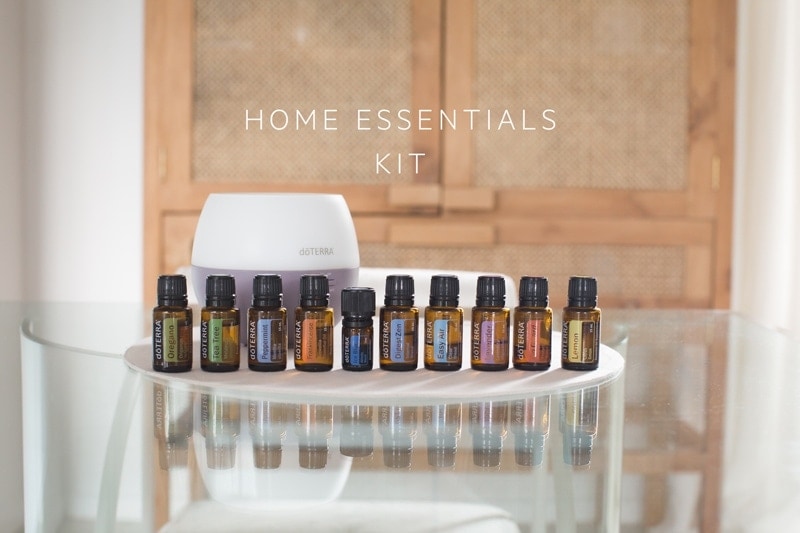
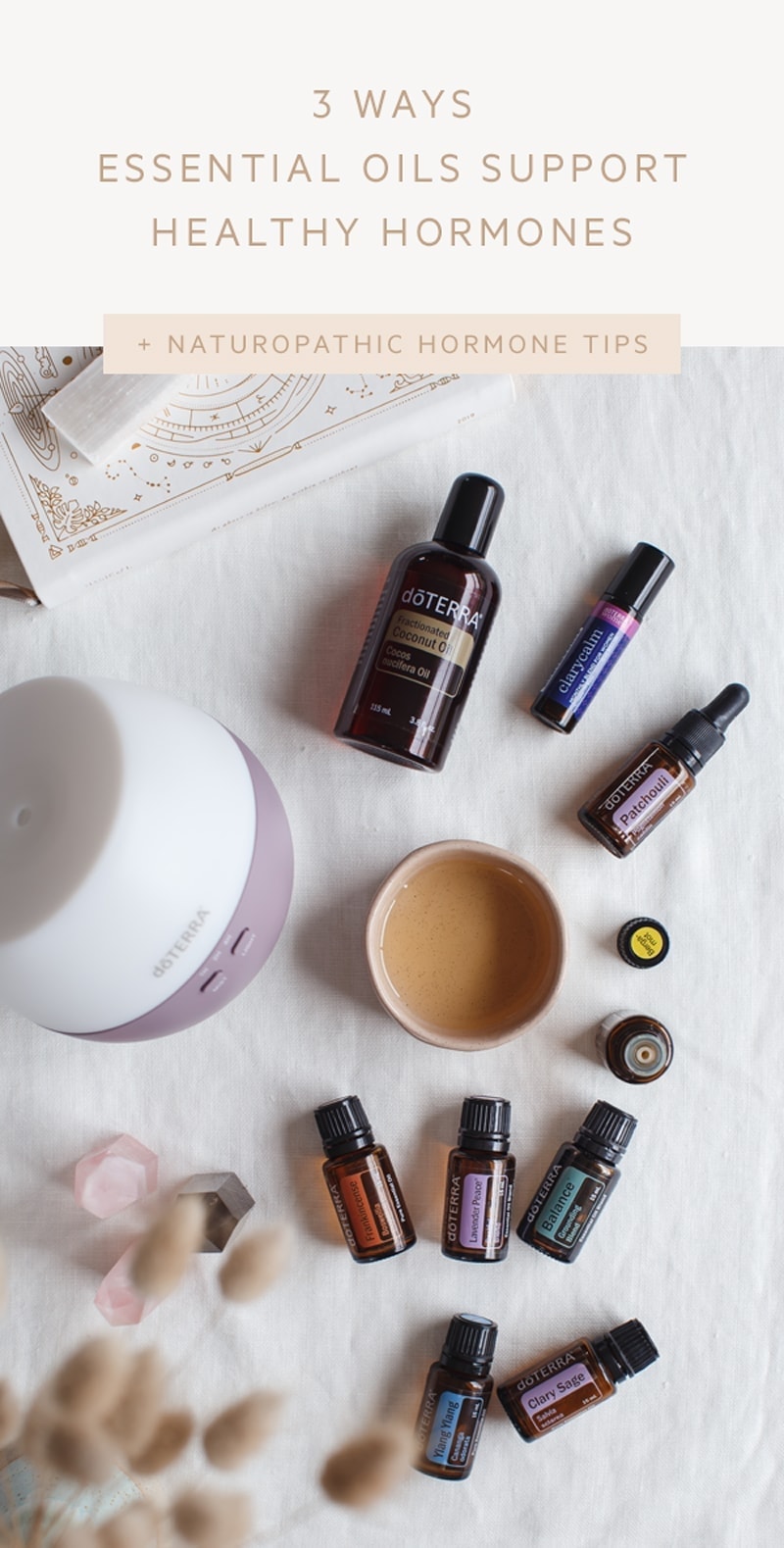
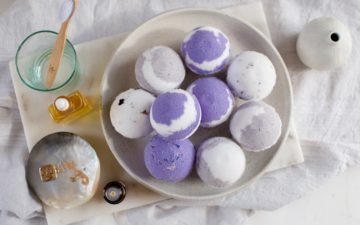
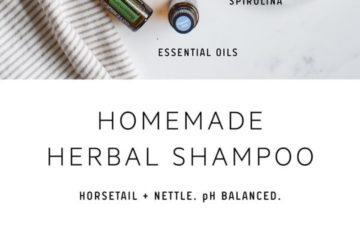

Ask me anything